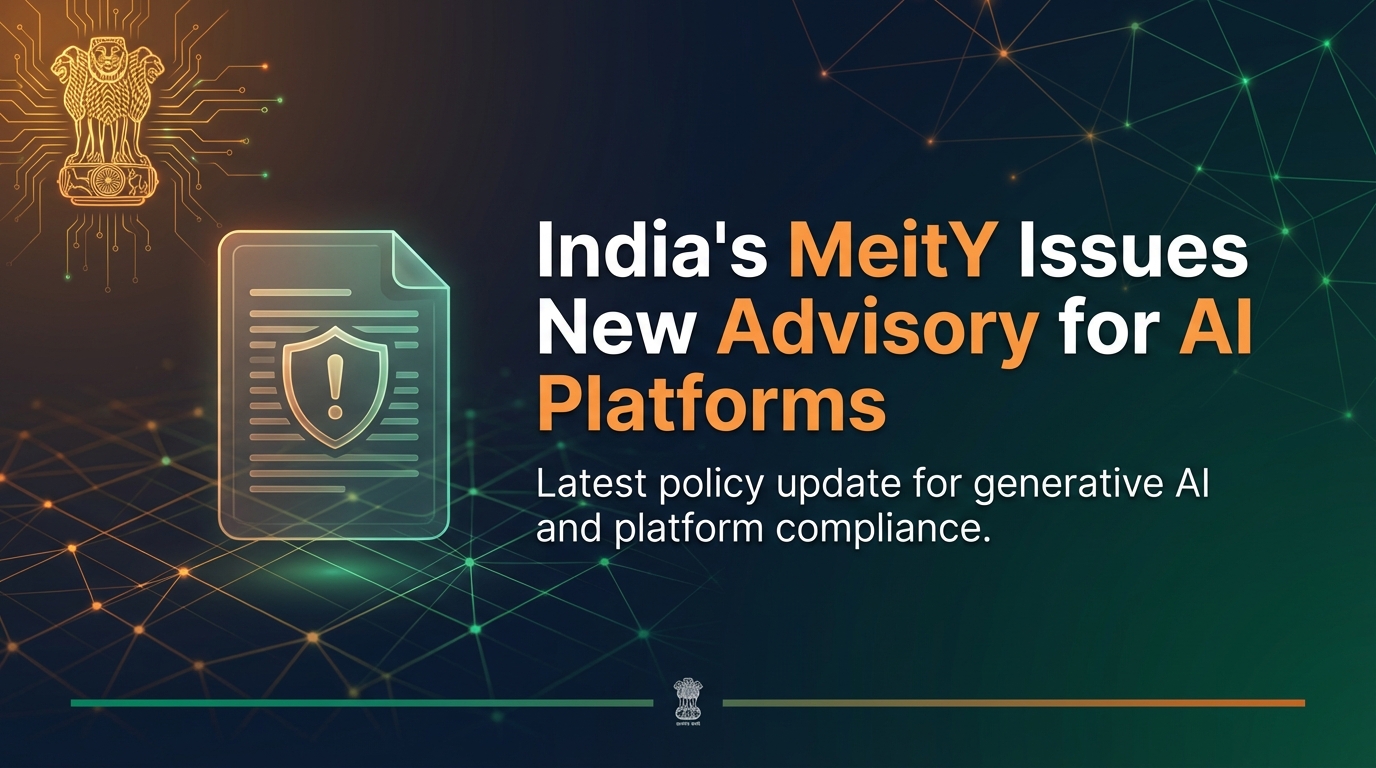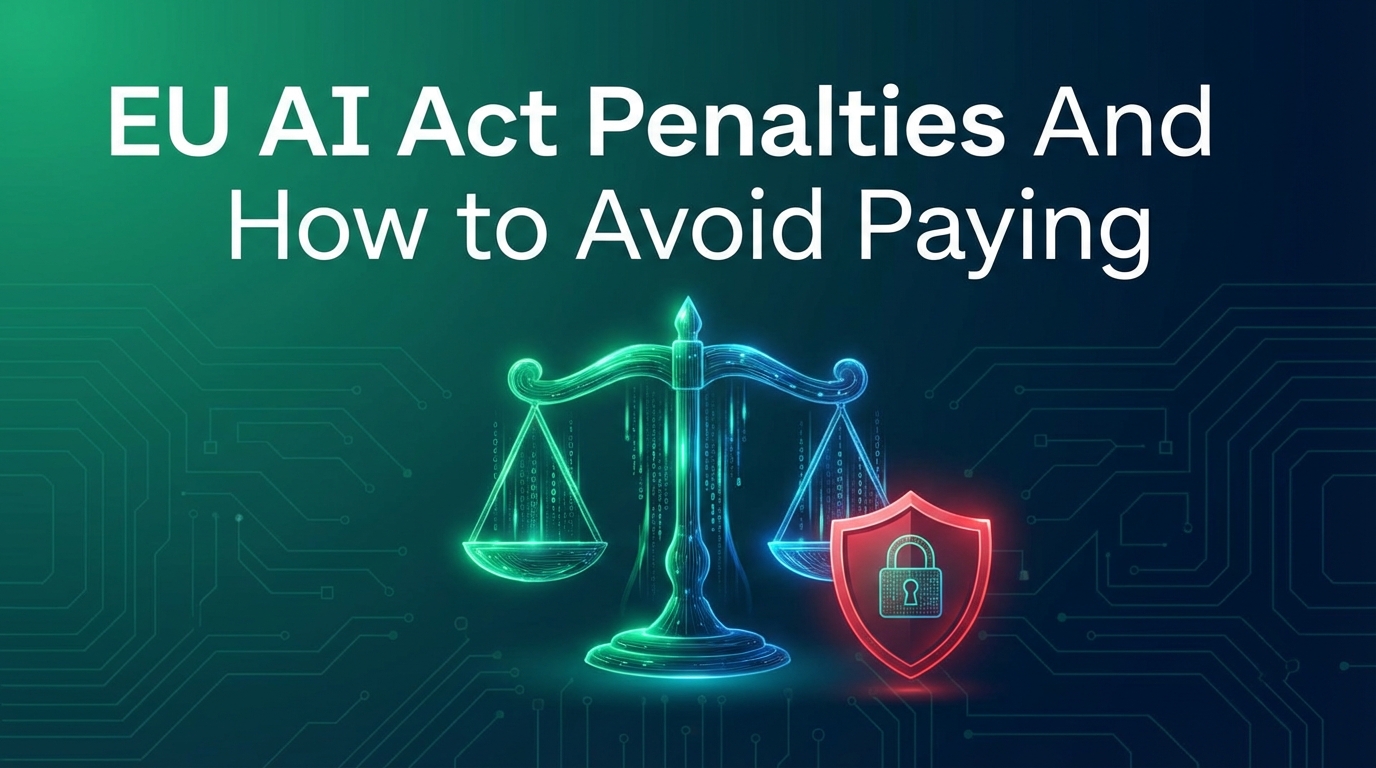India's MeitY Issues New Advisory for AI Platforms

The Ministry of Electronics and Information Technology (MeitY) recently issued an advisory aimed at significant technology platforms regarding the use of Artificial Intelligence (AI) models. This move is seen as a way to ensure the safety and trust of India's internet, as emphasized by Minister Rajeev Chandrasekhar.
The advisory specifically addresses the use of untested or unreliable AI platforms on the Indian internet. It requires large platforms to seek permission from MeitY before deploying such models and to inform users about potential fallibility.
Summary of Requirements
In summary, the new advisory requires significant technology platforms to:
- Ensure AI models do not allow users to share unlawful content.
- Ensure tech does not permit bias or discrimination or threaten electoral integrity.
- Seek explicit permission for under-tested/unreliable AI platforms before deployment.
- Inform users clearly about the consequences of dealing with unlawful information via user agreements.
Stakeholder Concerns
Netizens and policy makers have criticized the advisory for several reasons:
- Regulatory Overreach: Perceived as unnecessary government intrusion that could stifle innovation.
- Impact on Startups: While startups are reportedly exempt, ambiguity around "significant platforms" creates uncertainty.
- Compliance Burdens: High bureaucracy could slow down AI development in India.
- International Competitiveness: Indian tech players may face a disadvantage compared to global competitors in less regulated markets.
Minister Rajeev Chandrasekhar has clarified that this measure does not apply to startups, which means the burgeoning entrepreneurial sector can continue to innovate. He described the process as an "insurance policy" for platforms against potential consumer lawsuits.

